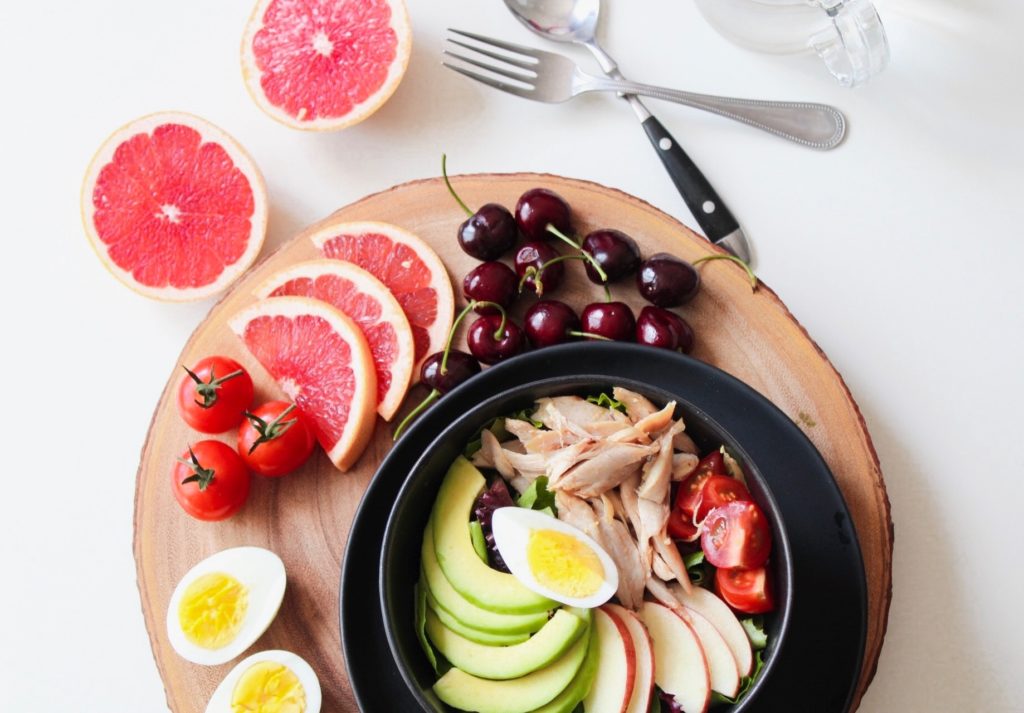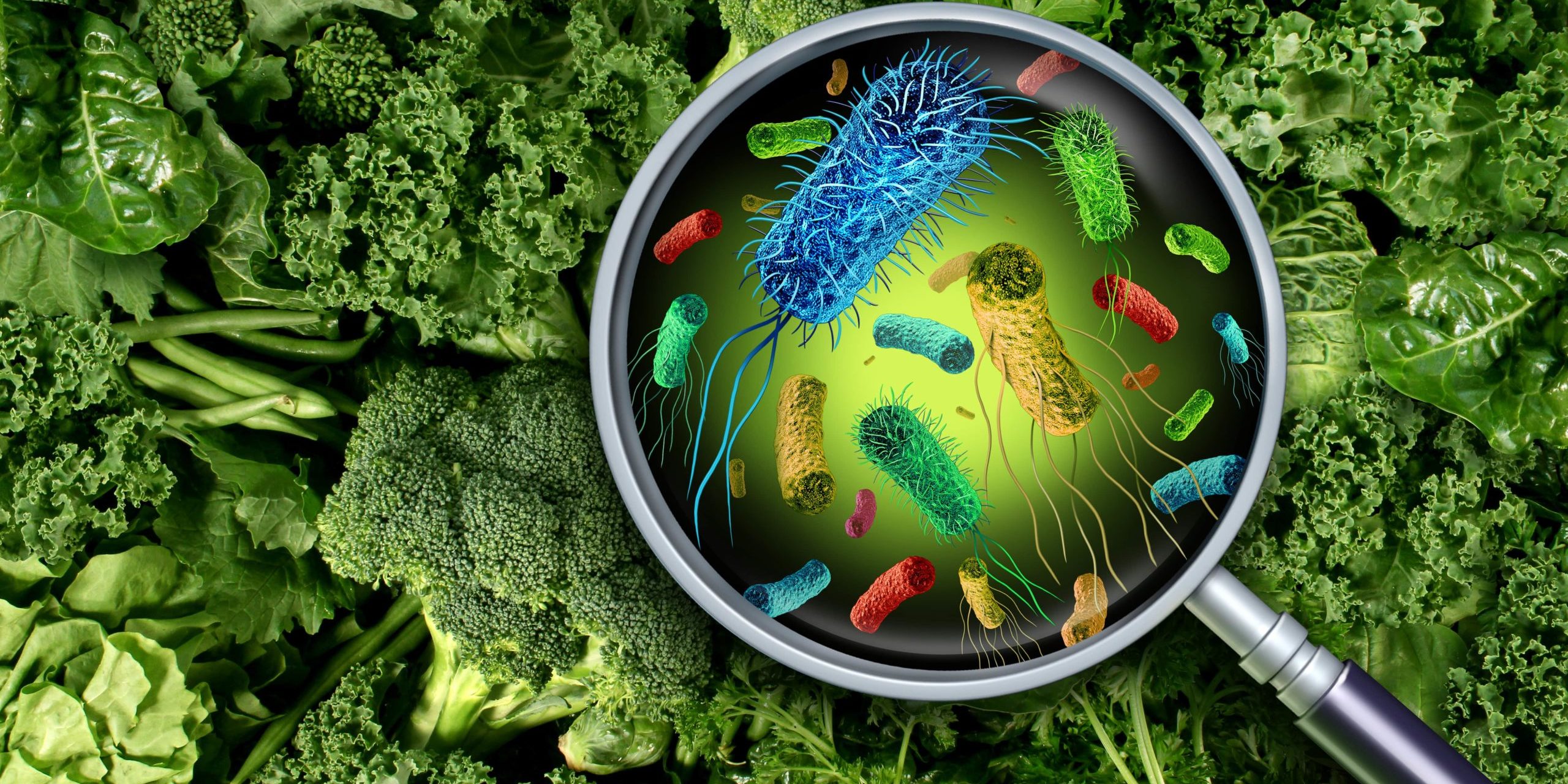With the arrival of summer, it is necessary to take some measures to preserve and cook food to avoid foodborne illness caused by toxic bacteria that find in this time of the year the ideal temperature to multiply.
Bacteria need heat and a humid environment to develop and under favorable conditions, they can multiply exponentially in just 24 hours. Poor preservation and handling of the food we eat could lead to the proliferation of pathogenic bacteria which, in turn, could cause us some discomfort.
What disorders can be caused by food poisoning?
Harmful bacteria from raw or undercooked foods and contaminated beverages are the most common cause of eating disorders and can lead to illnesses such as salmonellosis or E. coli infection. These types of pathologies can cause symptoms ranging from simple stomach upset to more serious problems such as diarrhea, fever, vomiting, abdominal cramps and dehydration. The people most susceptible to these illnesses are children, pregnant women, the elderly and individuals with weakened immune systems.
It is essential to pay attention to the proper preservation and cooking of food to keep it safe and thus avoid illnesses due to food contamination.
Practical tips to ensure safe food and avoid food poisoning:
- Examine the external appearance of the product by looking at its label for information on its ingredients, storage conditions and expiration date.
- Do not break the cold chain since at room temperature bacteria multiply. Keep foods that require cold in coolers with cooler bags or ice cubes protected so that water does not drip and place them in the coolest place possible.
- Separate raw products from cooked products to avoid the possible transmission of microorganisms through cross-contamination. Do not mix utensils and containers used for one or the other.
- Clean utensils and surfaces every time a different food is handled, remembering, in addition, that the handler’s hands are another utensil that should be sanitized.
- Prepare salads based on raw vegetables and sausages at the last moment, having washed them well at home (the most hygienic place to do it).
- Cook the omelet in advance so that it can be cooled, and the egg can set well.
- Avoid sauces containing egg (if they are commercial, they should be consumed in a short period of time to avoid recontaminations).
- Keep dairy products and desserts made with egg cold until the last moment.
- Cook foods by prolonged treatment at high temperatures (frying, oven, stew, etc.) since these are the most effective methods of sanitization.
- Choose worktops with a non-porous composition that facilitate cleaning and disinfection, protect against stains and avoid possible leaks that could be a source of contamination. In addition, hard, scratch-resistant surfaces prevent the creation of cracks or crevices that could lead to the proliferation of microbial colonies.
The correct handling, preparation, and consumption of food, as well as hygienic materials and surfaces, can prevent food disorders caused by the high temperatures of the summer season.

